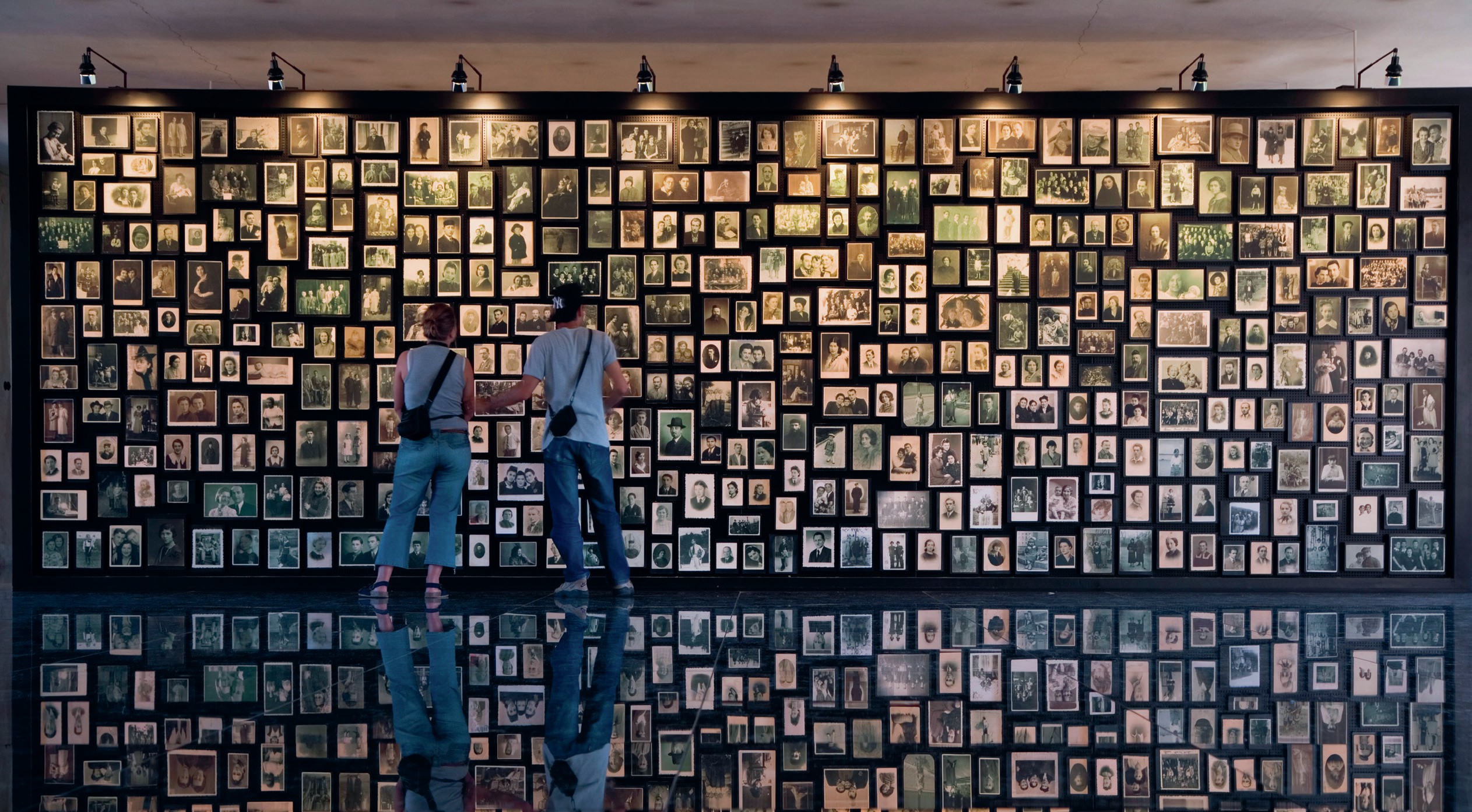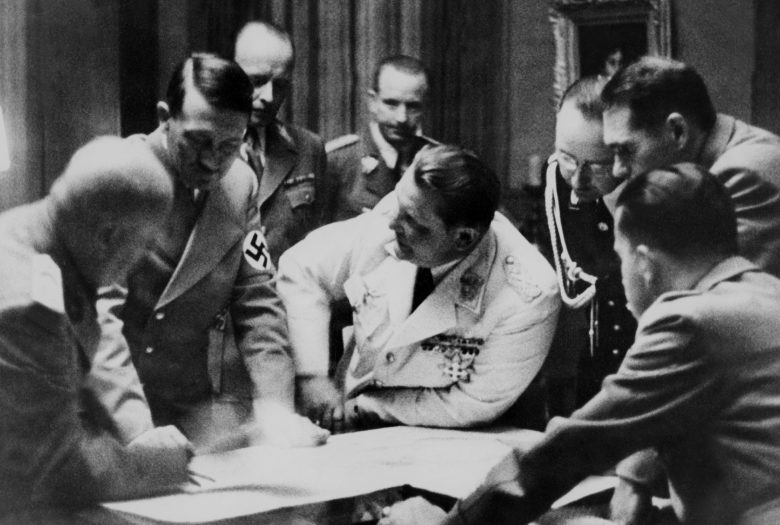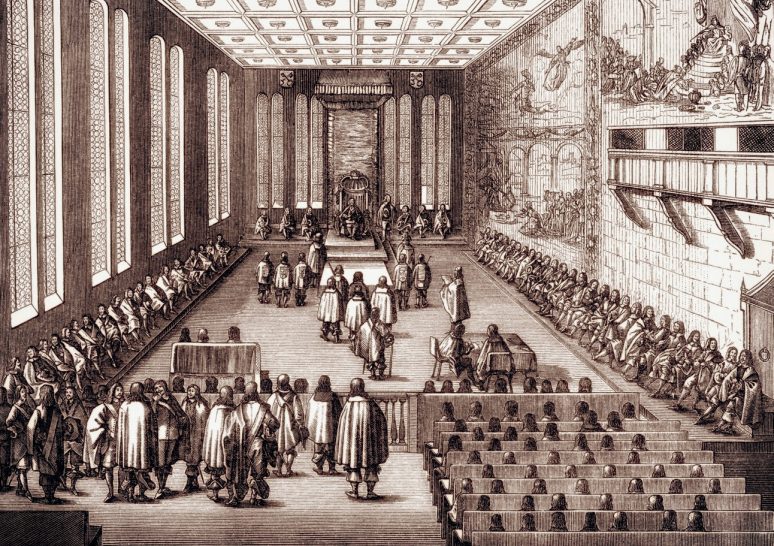
Oral histories and other self-testimonies — memoirs, letters, and diaries — are among the most important sources on the Holocaust. In learning about a genocide, the perspective of the victims is as important, perhaps ethically even more pressing, than the motivations of the perpetrators. If we want to understand the experience of the murdered, we need to study their voices.
I Did Not Interview the Dead was the title the psychologist David Boder chose for his book, based on the first collection of Holocaust oral histories. Boder travelled in 1946 to liberated Europe and interviewed 130 survivors in displaced-person camps. His interviews, recorded on a wire recorder in nine languages, are available at: www.tinyurl.com/y7b6jvfm. Use the ‘Explore the archive’ tab to see listings, for example, by Camps and Ghettos or by Interviewee name. There are also short biographies of the persecuted. Once you have found an interview you want to listen to, use the ‘Launch audio with transcript’ button. Some of the interviews are in English. An impeccable introduction to the archive by Alan Rosen is also available at www.tinyurl.com/ya7rwch6.
Your organisation does not have access to this article.
Sign up today to give your students the edge they need to achieve their best grades with subject expertise
Subscribe




